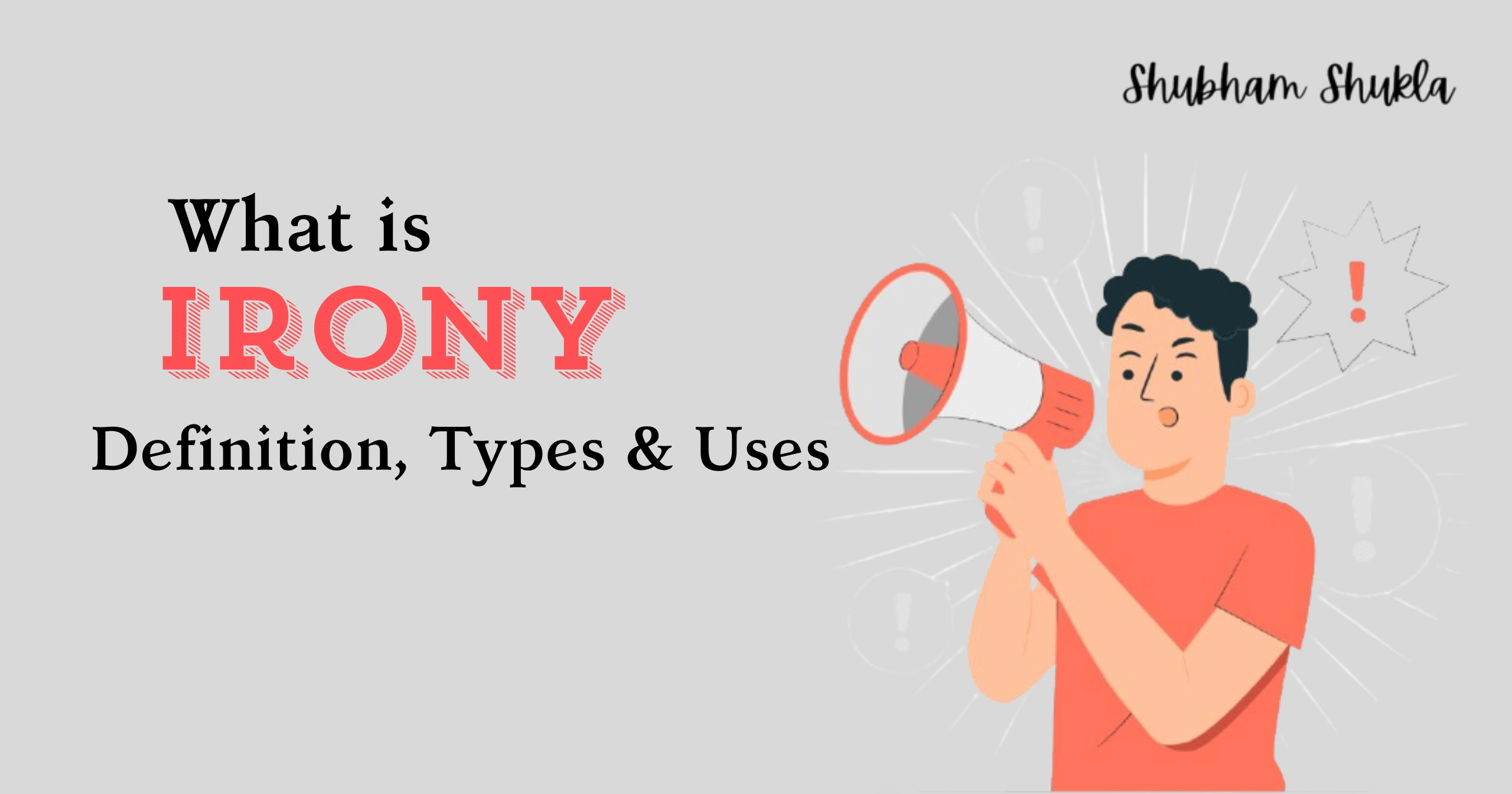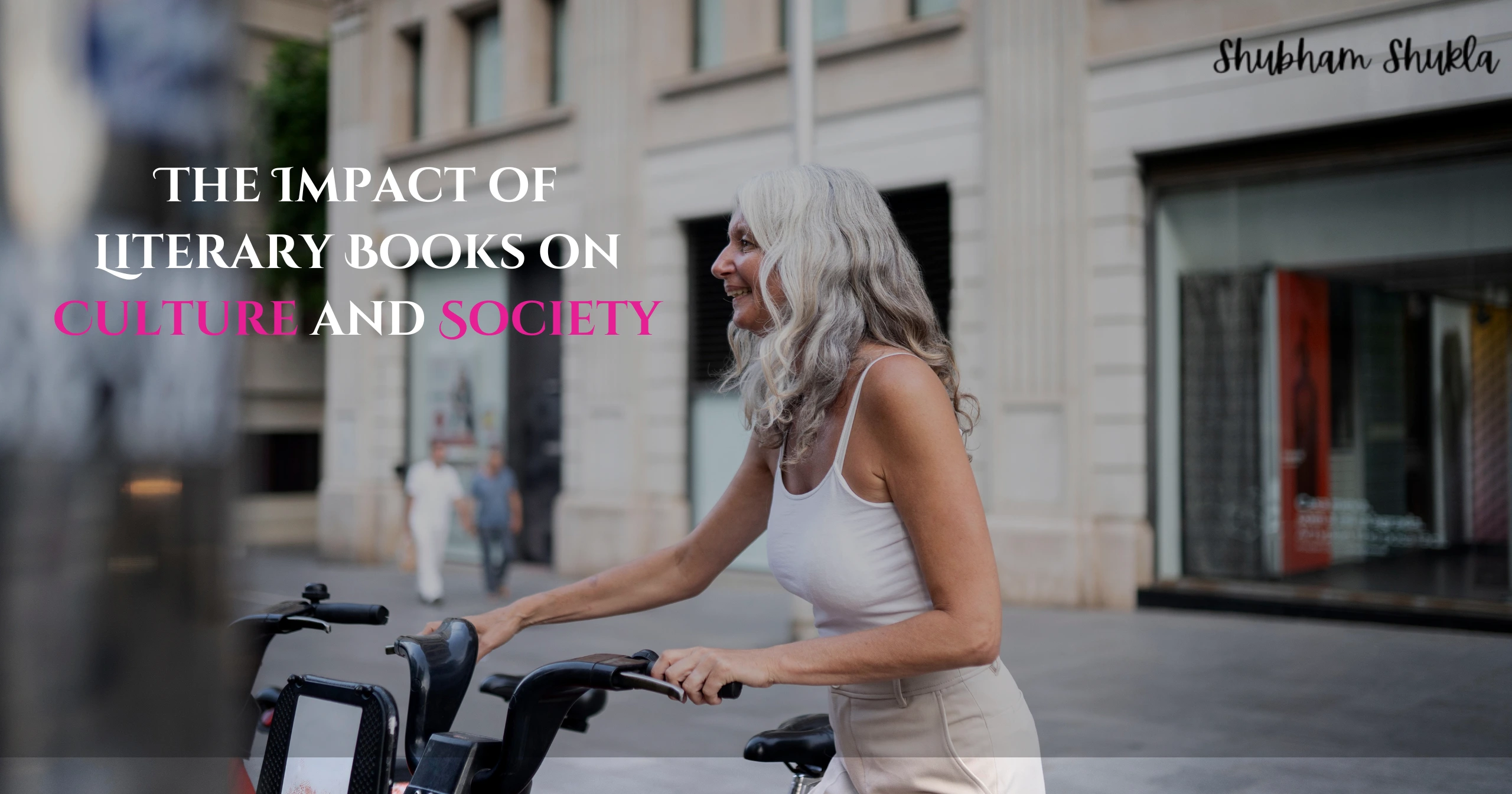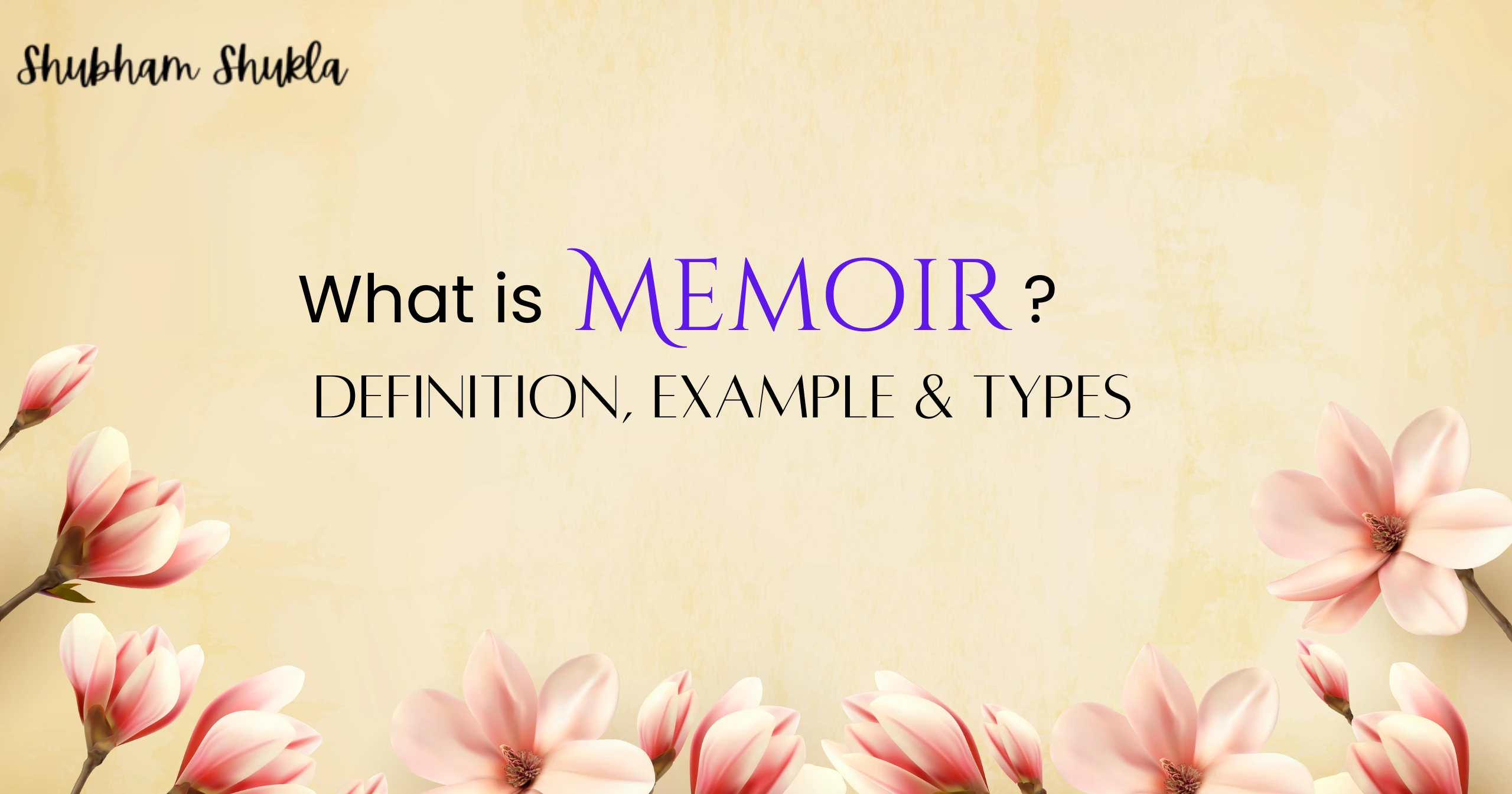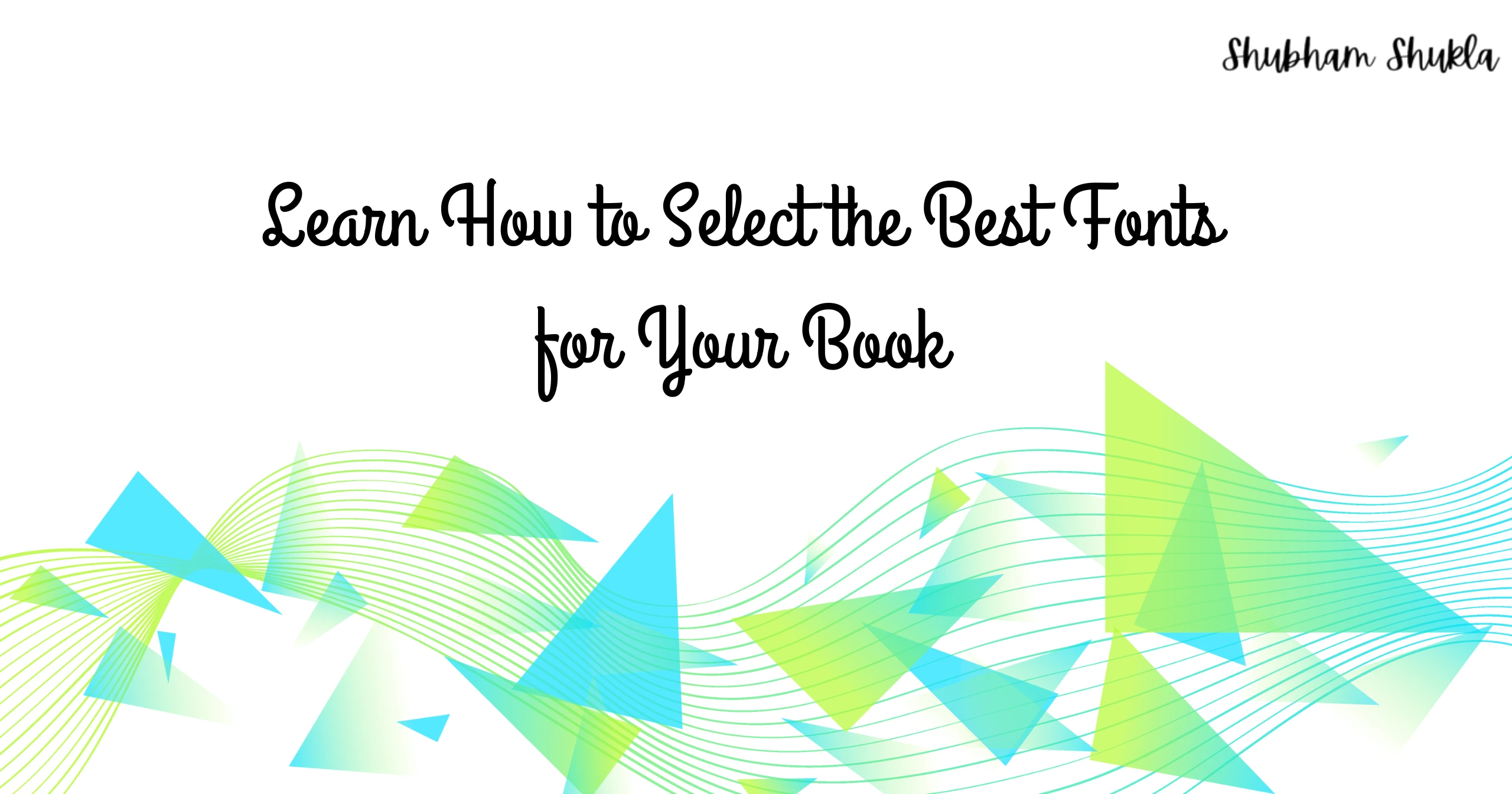Before I explain what irony is and how it has been utilized in literature, allow me to cite one of Gustave Flaubert’s best quotations that could serve as an excellent illustration of irony: “Irony takes nothing away from pathos.”
Ah, irony, that cunning language trickster. We frequently view it as an instrument of mockery and belittling, a means of reducing the emotional impact of a circumstance.
This quotation, however, contradicts that idea, stating that irony is powerless to lessen life’s sorrow and sadness. How ironic that is!
When words are used to convey a meaning completely different from their intended meaning, this is called irony. It is widely used in both literature and movies. Three forms of irony can be found in literature: situational irony, linguistic irony, and dramatic irony. It is typically connected to a person’s intelligence.
Sarcasm can also be mistaken for wit when it refers to the humorous way we express something that technically implies the contrary.
Sarcasm and irony are related and different, even if sarcasm is a more subdued kind of linguistic irony. As an illustration, let’s say your friend told you about a scenario and their approach to handling it. You realized that it was a massive mistake as soon as you heard it. I’ll now demonstrate how you express it in a sarcastic and ironic manner.
You are use irony in the ironic phrase by suggesting that the plan will fail while simultaneously stating, “Oh what a clever plan,” in a sarcastic tone. Your words and tone don’t match because they convey the exact opposite of what you mean. This is a verbal irony example.
You are use sarcasm in the sarcastic statement when you remark, “Oh what a clever plan,” but you’re also hinting that the strategy isn’t really that clever. Irony and a sarcastic tone are employed to portray sarcasm, a sort of irony that is frequently used to scorn or ridicule someone or something.
You may also like: List of 10 Best Libraries in Chandigarh for Book Readers
Your tone and words are out of sync since they convey the exact opposite of what you mean.
Various Types of Irony
Three main categories of irony exist:
Situational Irony
Irony that arises from a discrepancy between expectations and reality is known as situational irony. It’s a kind of irony where a situation or event comes to an unexpected end.
An instance of situational irony would be the burning down of a fire station. The purpose of the fire station is to contain flames and prevent them from spreading, but in this case, the fire station has caught fire. The fact that the issue’s conclusion is unexpected adds to the irony of the circumstance.
Dramatic Irony
When a character’s beliefs and what the reader or audience knows to be true diverge, dramatic irony results. It’s a kind of irony where the audience knows something about the plot that the characters do not.
For instance, Othello believes his wife Desdemona is true to him in Shakespeare’s play “Othello,” but the audience is aware of her past infidelity. Because the audience is privy to information that the characters are not, this generates a sense of dramatic irony and gives the narrative a deeper level of meaning.
Verbal Irony
When someone says one thing but really means something another, it’s known as verbal irony. This type of irony is sometimes used to make fun of or lampoon the subject of the reference. This type of irony is expressed through language, thus it’s important to comprehend the setting and voice of the speaker.
A good example of verbal irony would be if someone said, “What great weather we’re having!” on a cloudy day. The speaker claims that the weather is “great,” but they are hinting that it is actually rather poor in a mocking manner.
You may also read: Anecdote: Definition, Types, Uses with Examples
How is irony utilized in poetry and what does it mean?
Another use of irony in poetry is situational irony. The reader learns something new about the subject matter when a poet employs a setting or metaphor that is at odds with the poem’s main ideas.
Dramatic irony is another kind of irony that can appear in poetry. In this kind of irony, an unsophisticated speaker says something that has deeper meaning than they can possibly comprehend. The most typical use of this rhetorical device is in poetry where the voice of the poem is an unreliable speaker.
To help you understand how irony is employed in rhythmic forms, some instances of irony in poetry are included below.
Andrew Marvell’s “To His Coy Mistress”: The ironic twist in this poetry is that, although knowing they don’t have much time left together, the speaker is attempting to get a woman to sleep with him by using opulent and grandiose rhetoric.
T.S. Eliot’s “The Love Song of J. Alfred Prufrock”: The speaker of this poem is attempting to show a woman how much he loves her, but he is racked with uncertainty and self-doubt. The ironic twist is that, although the speaker thinks he is unworthy of love, he is really expressing his affection to another person.
The William Blake poem “The Tyger”: The ironic twist in this poetry is that while the speaker is admiring the tiger’s strength and beauty, the animal is also a symbol of violence and devastation.
Robert Frost’s poetry “The Road Not Taken”: The speaker of this poem considers the decisions and directions he has gone in life. The speaker acknowledges that taking the less-traveled route has changed everything, yet it is an ironic turn of events. This is ironic since, although being the more challenging and unorthodox route, he ultimately made the more fruitful decision.
These are a few of the books that are well-known for their masterful use of irony, which gives the topics and people in the stories more nuance and complexity.
Tarun Tejpal’s book “The Alchemy of Desire”: The use of situational and verbal irony in this book is well-known. The novel’s protagonist, Darsheel, frequently has unexpected or humorous outcomes from the events that unfold, and he frequently utilizes caustic and sardonic language to satirize the absurdities of modern life.
F. Scott Fitzgerald’s “The Great Gatsby”: The use of verbal and situational irony in this book is well-known. The novel’s characters frequently encounter unexpected events or situations, and they frequently make fun of or caricature one another with sarcastic language.
Jhumpa Lahiri’s “The Namesake”: The use of dramatic irony and situational irony in this book is well-known. Irony results from the readers’ knowledge of details and situations that the novel’s protagonists do not.
J.D. Salinger’s “The Catcher in the Rye”: The use of situational and verbal irony in this book is well-known. The novel’s actions sometimes have surprising or humorous results, and the main character, Holden Caulfield, is well-known for using caustic and ironic language.
Amitav Ghosh’s “The Hungry Tide”: The use of dramatic irony and situational irony in this book is well-known. Irony is created throughout the work by the characters’ frequent unexpected events and outcomes, as well as the readers’ knowledge of details the characters are unaware of.
Edgar Allan Poe’s “The Cask of Amontillado”: Dramatic irony is a famous device in this short story. Dramatic irony results from the victim’s ignorance of the main character’s plot to murder the other character, which is known to the readers.
“White Tiger” written by Aravind Adiga: The use of situational and verbal irony in this book is well-known. The novel’s protagonist, Balram, frequently has unexpected or humorous endings, and he frequently utilizes caustic and ironic language to satirize the injustice and corruption in Indian culture.
To sum up, irony is a fantastic literary device that comes in a variety of shades and allows writers to express themselves in multiple ways. A strong and versatile literary device, irony may add nuance and complexity to any work of writing.
You may also like: Synopsis of Hauting Adeline: How This Dark Romance is Gripping America
Whether irony is employed to emphasize contrasts in a situation or to elicit a sense of surprise or laughter, it has the power to pique readers’ interest and hold their attention.
It should come as no surprise that irony has been and will remain a common writing device throughout history.
Tell us which books you think have the best examples of irony.



